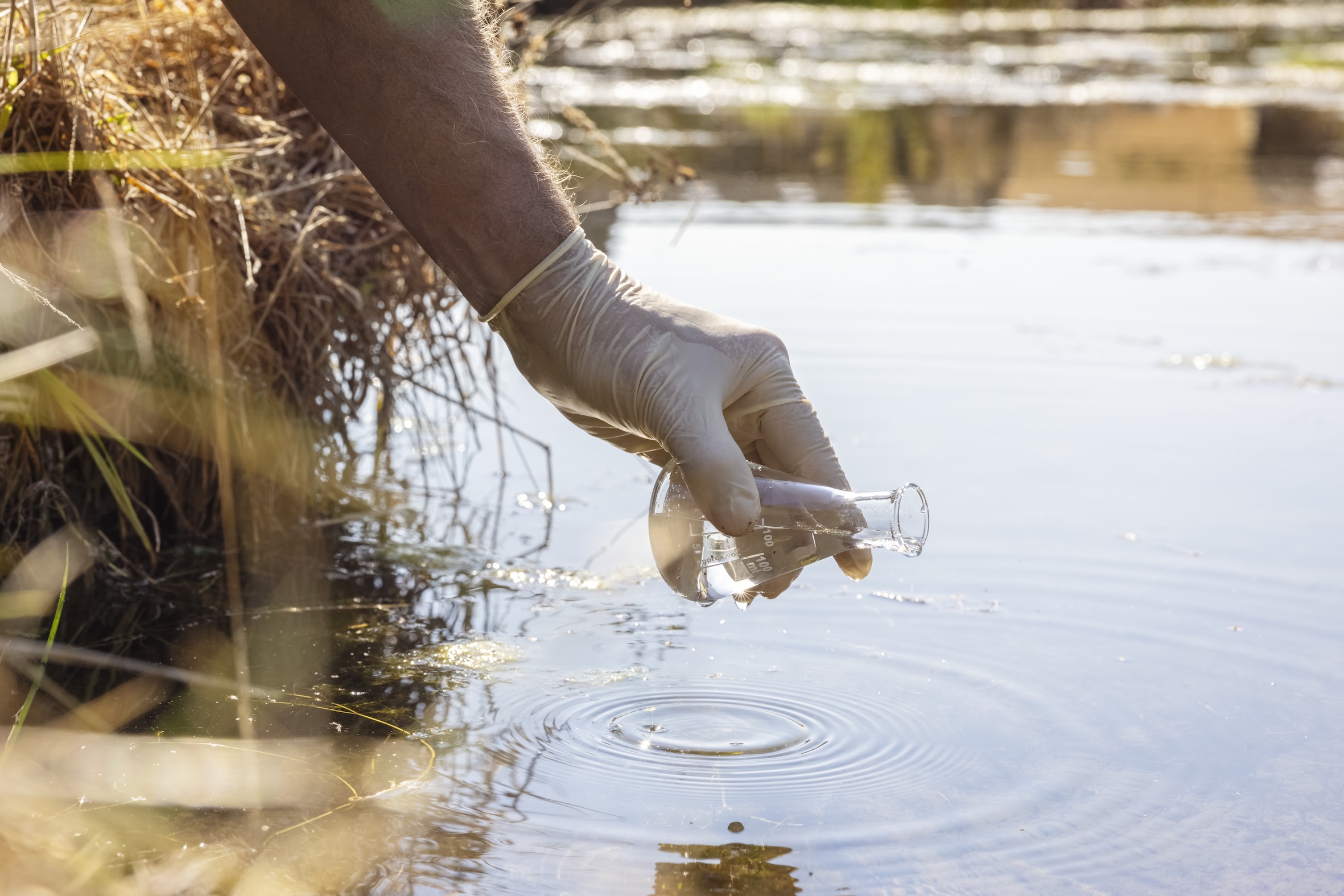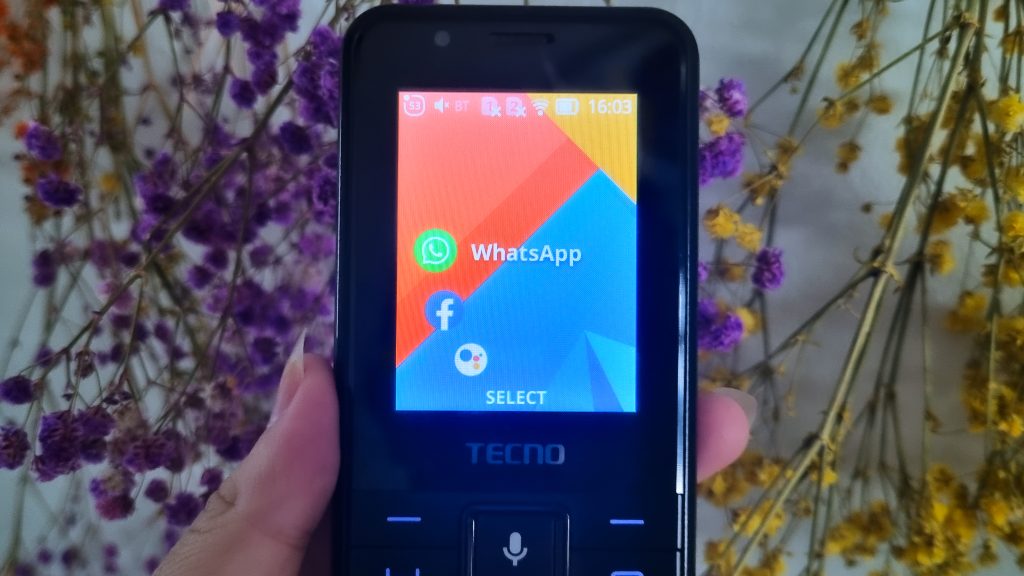It’s April, which means it’s Citizen Science Month! And SpudnikLab loves citizen science. Why? And wait, what’s Citizen Science Month in the first place?
Biodiversity loss, climate change, the melting polar ice caps. We could go on, but we won’t.
Imagine citizens of the globe being empowered to enact change and contribute to scientific efforts to find solutions to seemingly insurmountable environmental problems.
A pipe dream?
We don’t think so. Which brings us to why SpudnikLab loves citizen science.
Citizen science refers to scientific work undertaken by ordinary members of the public, whether they have any science background or not. Often this happens under the direction of professional members of the scientific community or of scientific institutions. Volunteers commonly help gather and analyse data for scientific projects. The main objective of Citizen Science Month each April is to generate ‘One Million Acts of Science’, by encouraging ordinary people to engage in science projects and events.
We’ll give you the run down why we’re in deep adoration of this month celebrating all things science.
Reason No. 1: Like all good things, citizen science has been around a long time
Since the 1600s in fact. While the term ‘citizen science’ entered the Oxford dictionary only in 2014, ordinary people have been engaging in citizen science since the 1600s and 1700s.
The historic first record of citizen science happening might be in Philosophical Transactions, the world’s first and oldest scientific journal, launched way back in 1665. The journal records how English astronomer and mathematician Edmond Halley (who later became the first to calculate the orbit of a comet that would be named after him), put out a call in the journal in 1715, for other colleagues to help him record observations of a total solar eclipse. People from all over the country responded by sending him their observations of the eclipse.

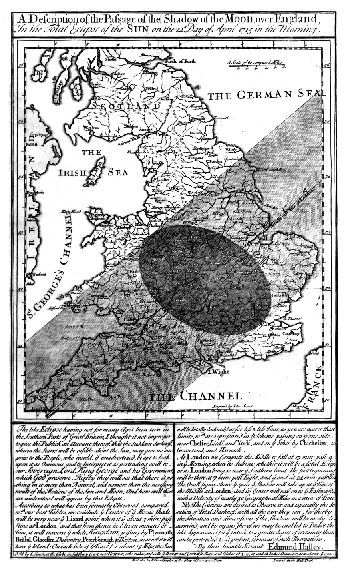
Reason No. 2: Citizen science makes scientists’ lives easier
When scientists or scientific institutions embark on a research project, it often takes a massive amount of time and effort to gather all the data needed. Citizen science enables an outsourcing of some of this very important data gathering work to passionate members of the public who want to contribute to positive planet action.
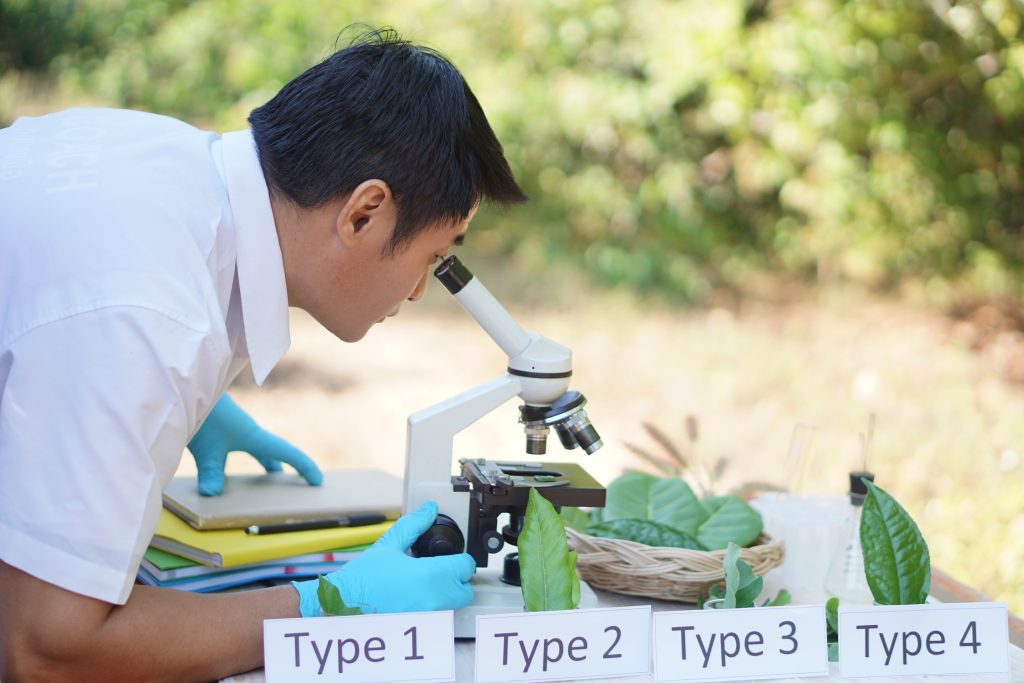
Which brings us to the next reason why we think citizen science is so important.
Reason No. 3: Through better data, citizen science enables better problem solving for some of our world’s biggest environmental issues
When scientists have sufficient data to draw meaningful conclusions or discern significant patterns, solutions to remedy environmental problems can be designed sooner.
Reason No. 4: Citizen sciences gives ordinary people a way to be empowered to fight climate change, biodiversity loss and other environmental crises
It’s easy to feel despair or a lack of hope when faced with the mounting environmental crises in the news daily. Ordinary people especially can feel like there is nothing they can do which would be significant enough to shift the needle for these pressing global issues.
When we have the opportunity to be a part of a larger effort working towards real scientific goals to rectify or reverse these issues, it can make a world of difference, mentally and emotionally. This can also create a hugely powerful ripple effect as word of mouth spreads about how being a part of citizen science has contributed to important causes.
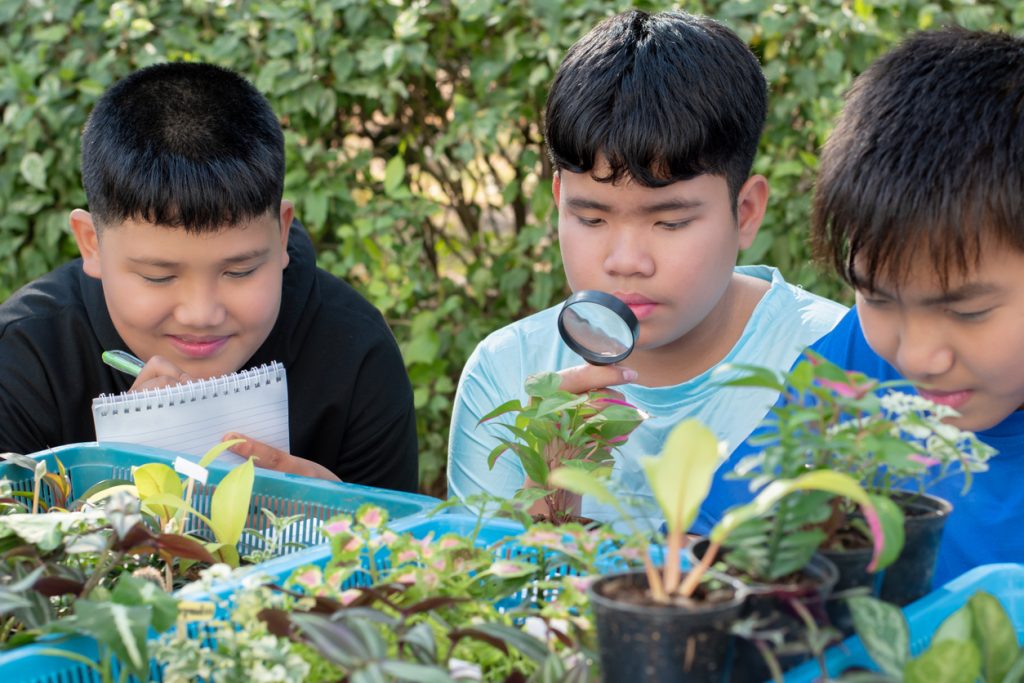
Reason No. 5: There’s a citizen science project to suit every taste
If you like watching birds, traipsing through marshlands, or observing trees, there’s a citizen science project you could get involved in in your part of the world. While there are numerous citizen science projects ongoing, you might like to check these projects by NASA and National Geographic to get an idea of some of what’s out there.
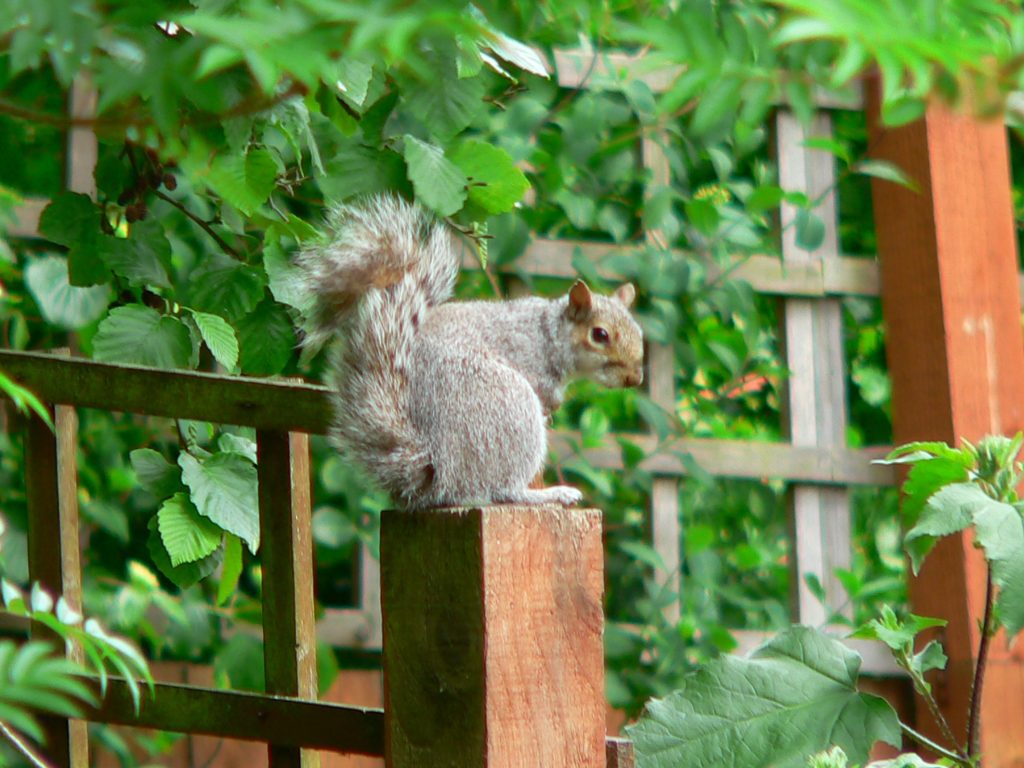
Many of them are open to anyone anywhere in the world. Specifically in Singapore, the National Parks Board runs the Community in Nature program in which members of the public can take part in large-scale biodiversity surveys, and Intertidal Watch, a long-term project involving volunteers documenting and monitoring the biodiversity of Singapore’s intertidal habitats, by collecting data alongside park managers.
